Every garden has gaps that need to be filled from time to time. Whether you are looking for a short-term stand-in while a bed is being reworked or a quick fix after another plant dies, it is nice to have a list of pinch-hitters that can step in and fill space quickly. Listen in as Danielle, Carol, and expert guest Lisa Bauer share some of their favorite choices for gracefully filling the vacancies that are a natural part of a garden’s evolution.
Expert guest: Lisa Bauer is the owner of Chartreuse Garden Design in Seattle.
Danielle’s Plants

Spider flower/Cleome (Cleome hassleriana and cvs., annual)
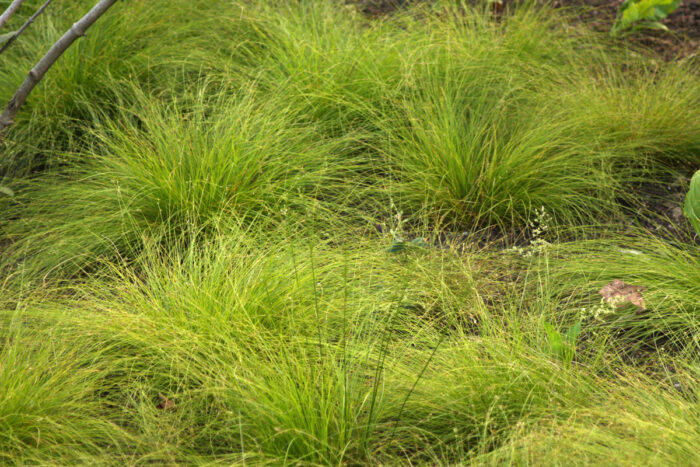
Appalachian sedge (Carex appalachica, Zones 3–7)
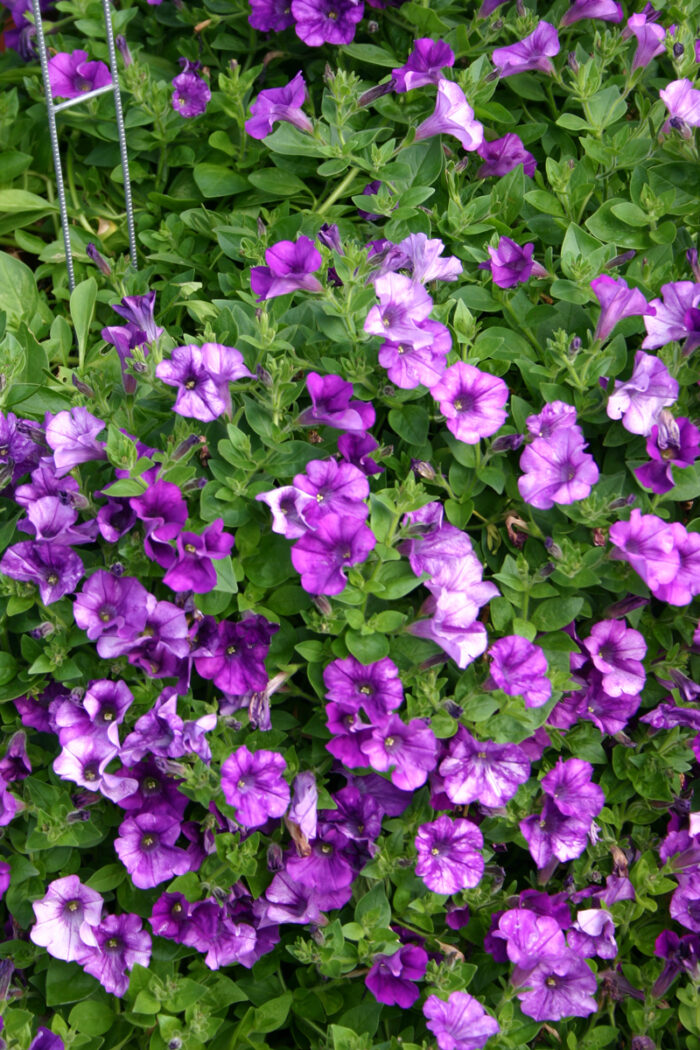
Creeping petunia (Petunia spp. and cvs., annual)
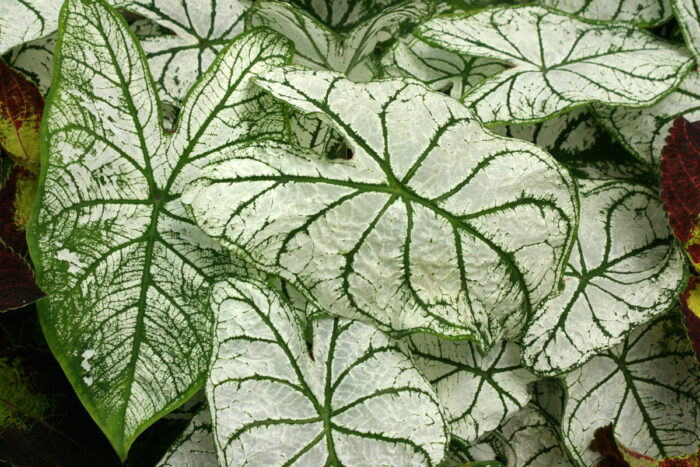
Caladium (Caladium spp. and cvs., Zones 9–11)
Carol’s Plants
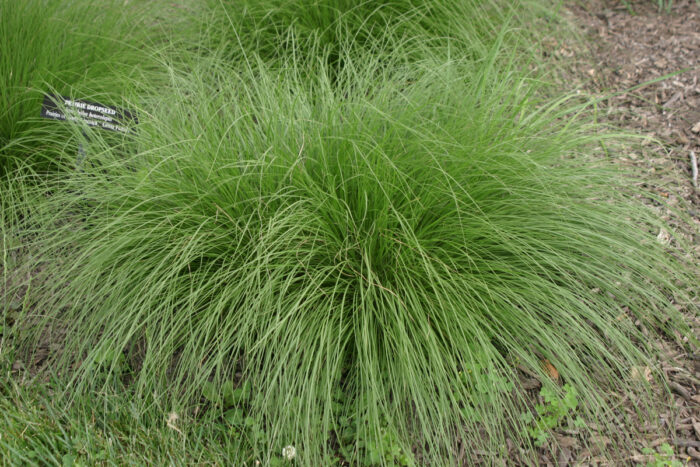
Prairie dropseed (Sporobolus heterolepis, Zones 3–9)
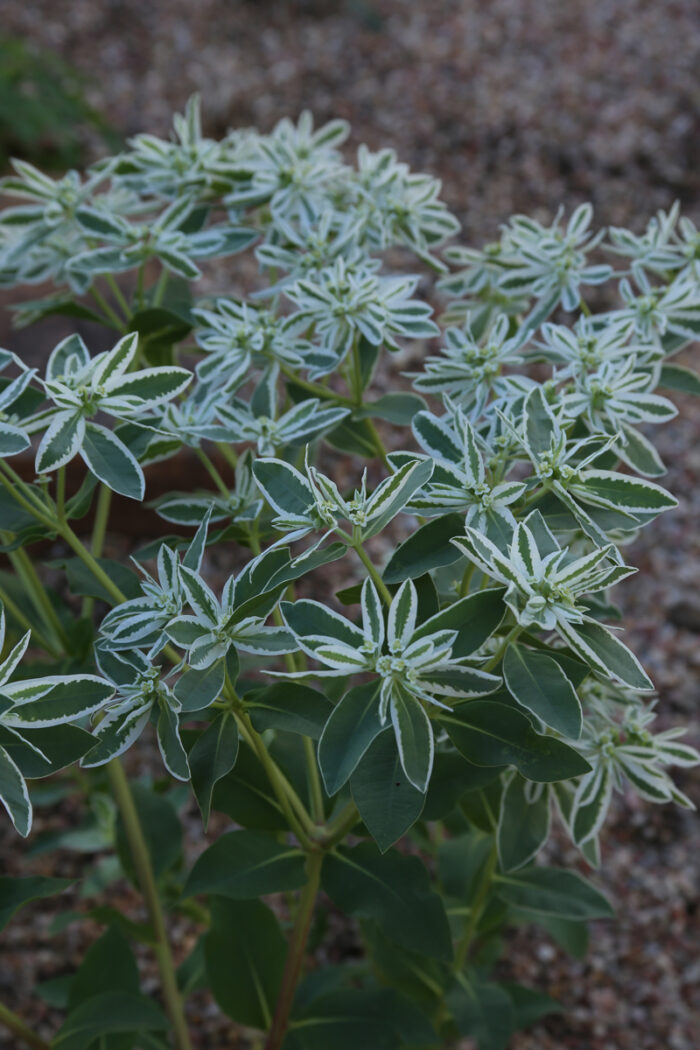
Snow on the mountain (Euphorbia marginata, annual)
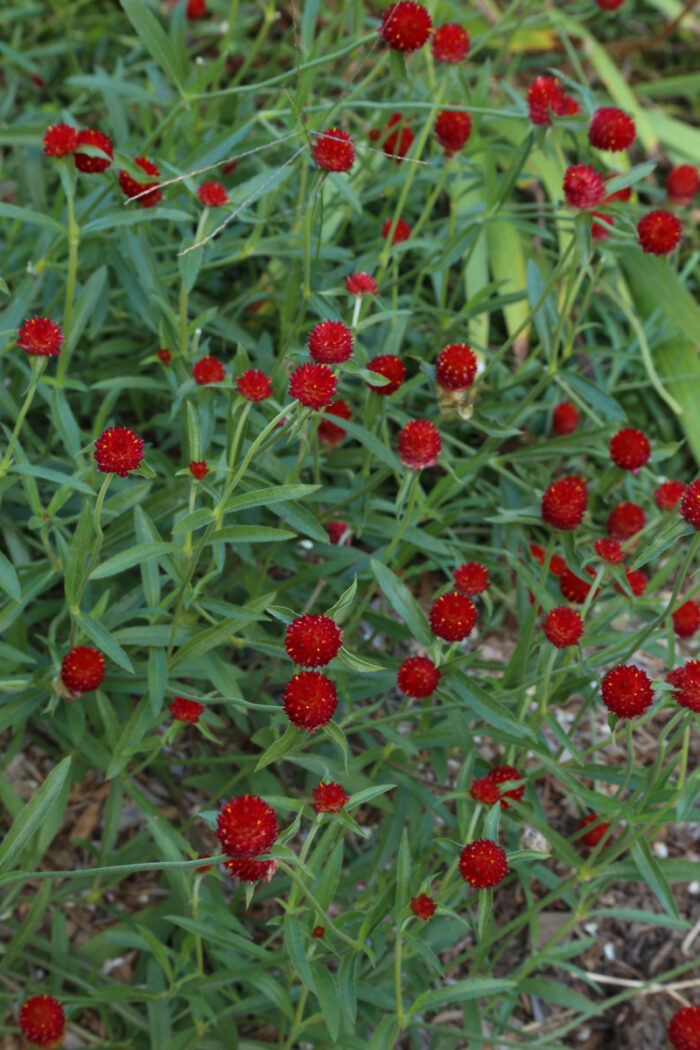
‘Strawberry Fields’ gomphrena (Gomphrena ‘Strawberry Fields’, annual)
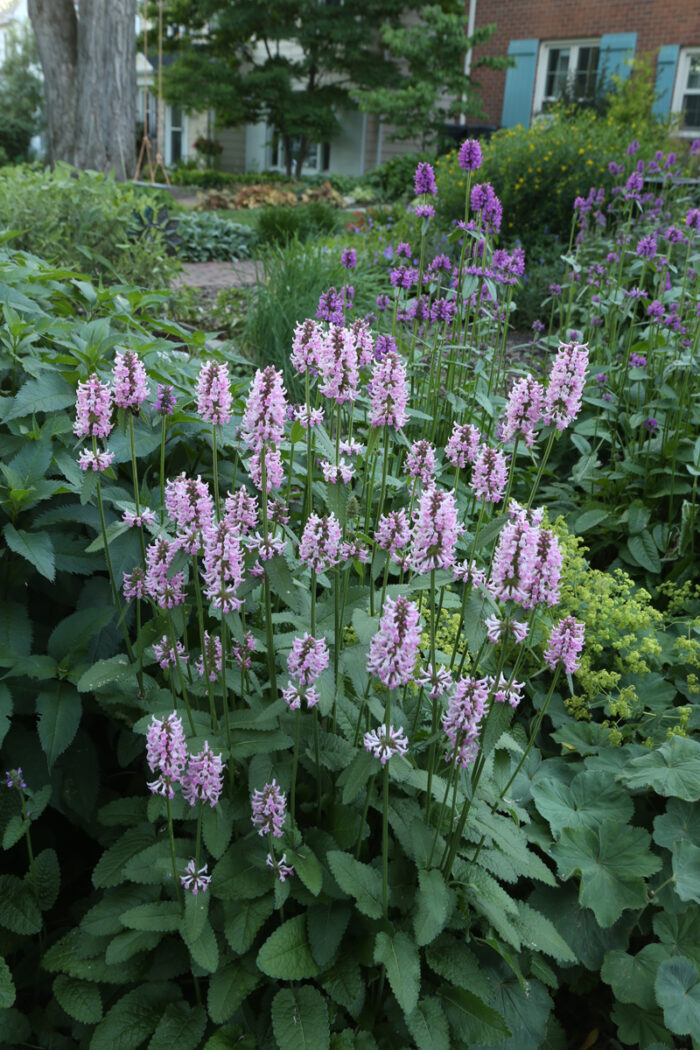
‘Pink Cotton Candy’ betony (Stachys officinalis ‘Pink Cotton Candy’, Zones 4–8)
Plant IDs for the plant combination from the cover of issue 211, designed by Salsbury-Schweyer Inc. for the garden of Dell and Lou Salza in Shaker Heights, Ohio:
- Butterfly weed (Asclepias tuberosa, Zones 3–9)
- ‘Humelo’ betony (Stachys officinalis ‘Hummelo’, Zones 4–8)
- ‘Pink Cotton Candy’ betony (Stachys officinalis ‘Pink Cotton Candy’, Zones 4–8)
- Lady’s mantle (Alchemilla mollis, Zones 3–8)
- Arkansas bluestar (Amsonia hubrichtii, Zones 5–8)
- ‘Hot Lips’ turtlehead (Chelone lyonii ‘Hot Lips’, Zones 3–8)
- ‘Gemo’ St. John’s wort (Hypericum kalmianum ‘Gemo’, Zones 4–7)
- ‘Montmorency’ cherry (Prunus cerasus ‘Montmorency’, Zones 4–7)
Expert’s Plants
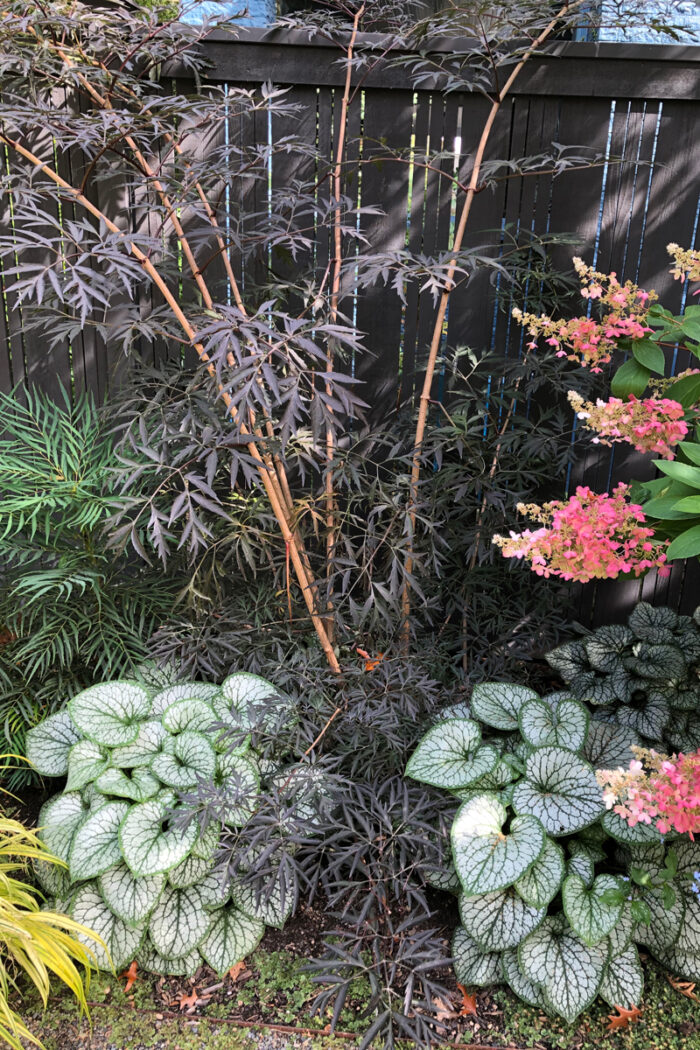
Black Lace® elderberry (Sambucus nigra ‘Eva’, Zones 5–7)
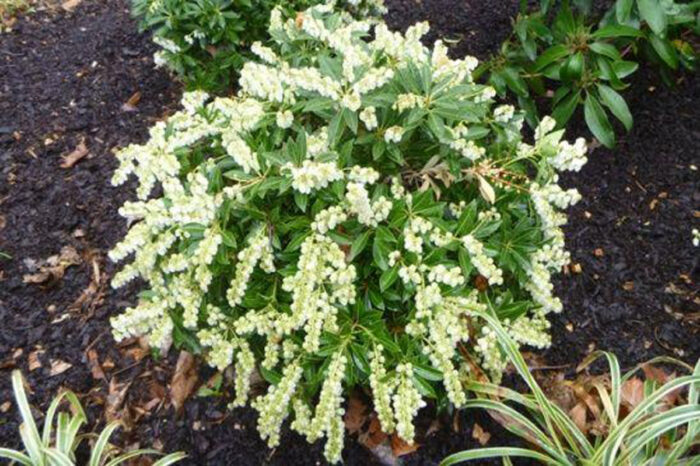
‘Cavatine’ pieris (Pieris japonica ‘Cavatine’, Zones 5–8)
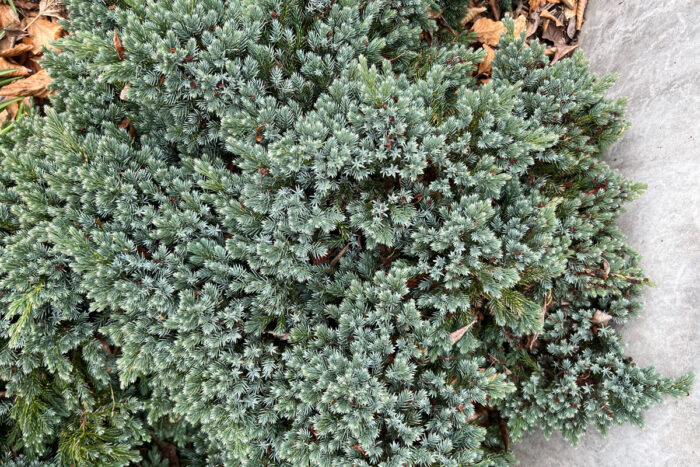
‘Blue Star’ juniper (Juniperus squamata ‘Blue Star’, Zones 4–8)
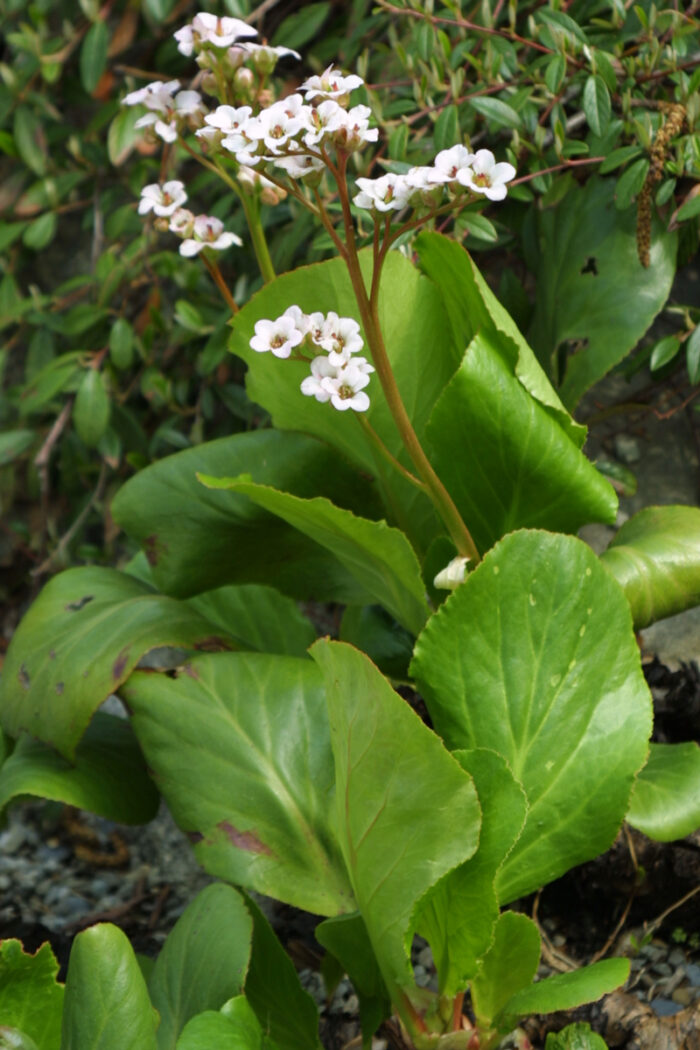
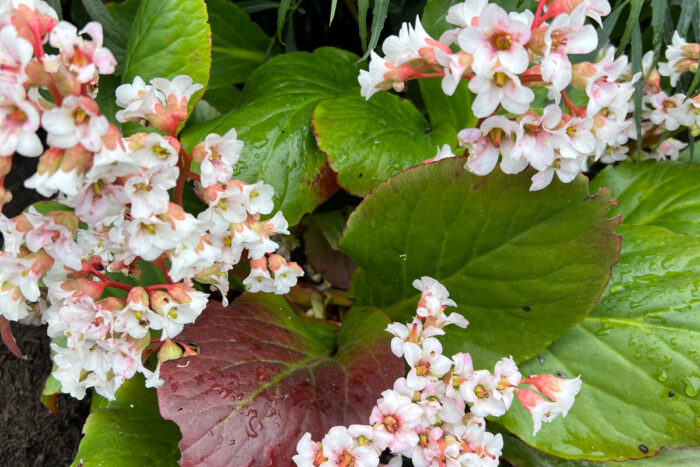
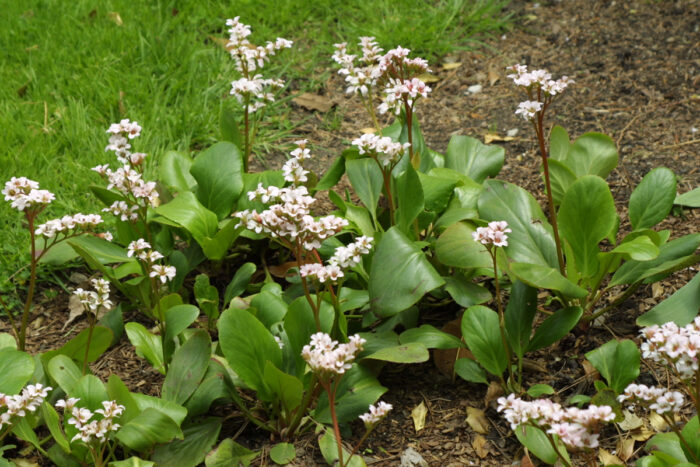
‘Bressingham White’ bergenia (Bergenia ‘Bressingham White’, Zones 3–8)
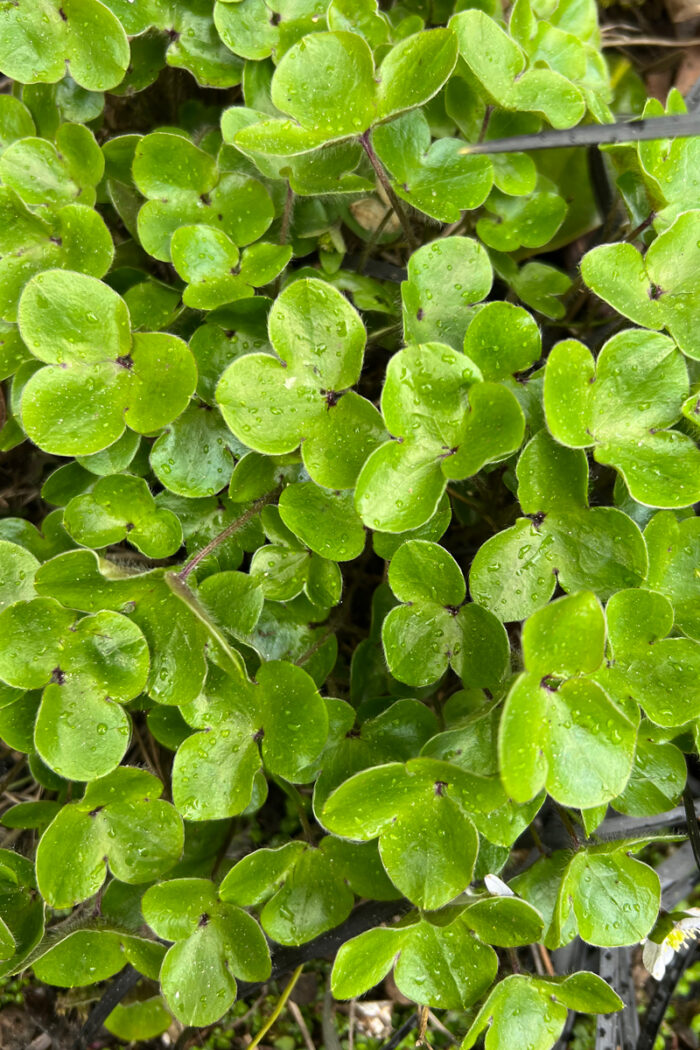
Liverleaf (Hepatica nobilis, Zones 5–8)



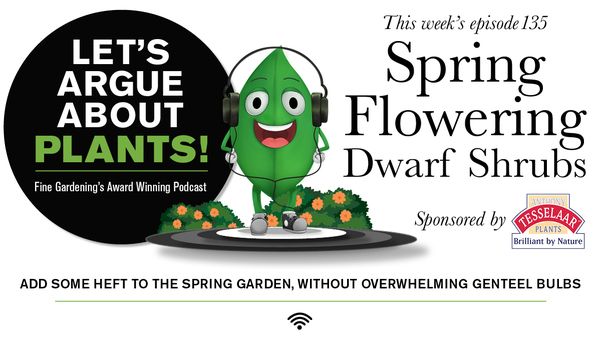


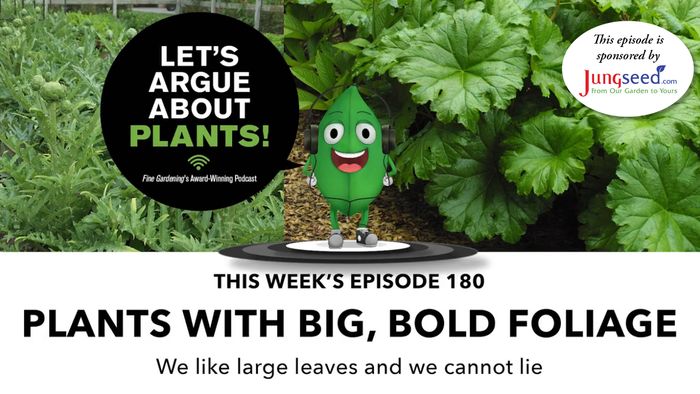
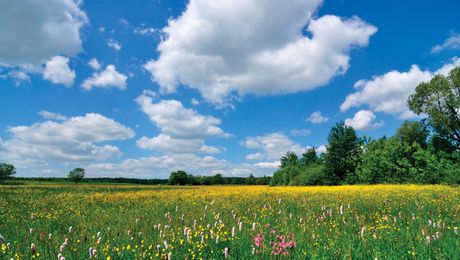
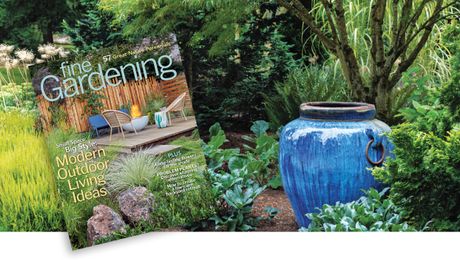










Comments
The flowers seem like weeds, but the beauty of these flowers has a very distinctive feature. Sometimes looking at these flowers and plants makes me more sublimated when playing cuphead online
Log in or create an account to post a comment.
Sign up Log in